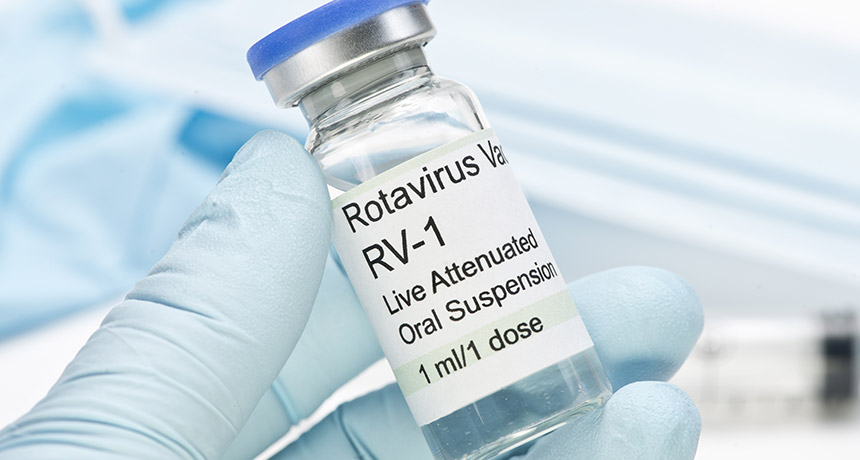Rotavirus vaccines may lower kids’ chances of getting type 1 diabetes
The association revealed in U.S. insurance data held true only for those fully vaccinated

BONUS EFFECT Children fully vaccinated against rotavirus appear to be less likely to develop type 1 diabetes than unvaccinated children, according to a large study of U.S. insurance records.
Sherry Yates Young/shutterstock







